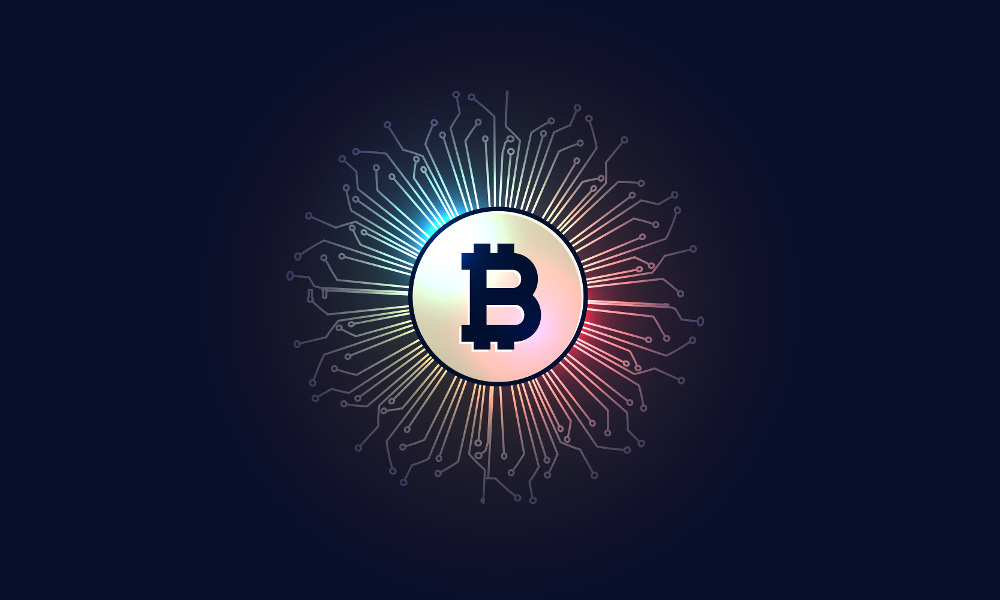It is believed by many that blockchain has a potential to erase borders both economically and politically. But that time has not yet arrived and while crypto enthusiasts all over the globe share similar ideals, they are still somewhat different. Interestingly enough, some countries give us more scientists and developers in the field, some are rich in miners and adopters, others mostly just provide infrastructure and jurisdiction. It is easy to notice that Eastern Europeans historically have a formidable presence on the crypto scene. Among others, Vitalik Buterin, the founder of Ethereum, was born in the Moscow suburbs.
Perhaps Eastern Europeans are so fascinated by blockchain technology because of oppressive regimes plaguing the region in the previous century (in some cases that is still the case). Distributed ledger is an antithesis to all those evils of the past – planned economy, forced collectivization, rigid centralization and deficit of social and economic freedom. To fuel this revolution blockchain projects have invented the concept of crowdsales, which has become a tremendous industry in its own right.
Within a year the industry boomed and we have seen a score of highly successful projects coming from Eastern Europe. Among them Waves, Golem and Decent, wildly successful projects created by mostly Russian, Polish and Slovak teams respectively. These came to prominence when businesses were not yet fully aware of blockchain but those days have passed and today the industry is entering a new stage.
This summer crowdsale scene intensified to the point which will probably be later remembered as the blockchainization fever. The potential of blockchain is being realised by industries that have never been connected to blockchain technologies before. Eastern Europe keeps delivering new blockchain solutions, every project being unique and touching upon a different sector of global economy. In this article several prominent projects from the region will be mentioned, all of them in the stage of ongoing or recently concluded crowdsales.
True Flip, a “provably fair” and decentralized blockchain lottery, has recently entered their ICO phase. Blockchain by the virtue of its architecture is meant to solve the industry’s old problems, which traditionally include the universal lack of transparency, third-party dependency and questionable results verifiability. Blockchain lottery offers complete transparency and higher jack pots. This idea apparently garnered quite some market demand for just in the first hours of crowdsale the project attracted over 1,000 BTC, which should cover all the expenses meantioned in the roadmap. To date this number has grown to 1,750 BTC.
True Flip’s is developed by an international team, its key members being Russian nationals.
SkinCoin is a project by a Russian team tapping into the $7 billion skin gambling market. SkinCoin will allow for smooth and safe trade of game skins on third party platforms. With a single token users will be able to trade skins from various games on all online platforms or use them to place bets on their favorite eSports teams.
The skin market is already quite large but ridden with various problems, including corporate attempts to ban skin trade on third-party platforms. This makes SkinCoin a timely and elegant solution for gamers.
AdEx is founded by a team of mostly Bulgarian descent and offers a blockchain-based online ad exchange to disrupt the traditional ad market. Centralised solutions are believed to lack transparency, be prone to ad fraud and privacy violations. Hence AdEx wants to enable users control the data they disclose and the ads they are shown, while ensuring transparency for advertisers, and better control for ad publishers.
Smart contracts will eliminate the need of third party agents and decentralized nature of Ethereum will guarantee transparency.
ZrCoin, an unlikely startup from Siberia, amassed over $7 million in less than a month of the crowdsale, doubling the team’s expectations. The idea behind the project is construction of an actual brick-and-mortar plant recycling industrial waste into a highly demanded refractory material. In their latest statement concerning their crowdsale’s success, the team pledged to build two plants at once.
This list is of course far from being exhaustive, but it illustrates well the diversity of ideas coming from the region in both scale and utility. Many believe that we are not yet at the peak of ICO era and coming months will have much more in store for us. Thankfully, the market has a great potential for growth and many traditional industries are still waiting for its revolutionary solutions.

